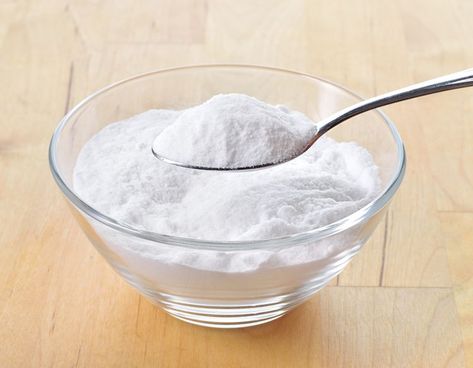
Baking soda, also known as sodium bicarbonate, is a common household item known for its versatility. It’s used in baking, cleaning, and even in some home remedies. However, there are concerns and precautions you should be aware of regarding its consumption and use. Here’s what you need to know about the potential dangers of baking soda and how to use it safely.
1. High Sodium Content: Baking soda is high in sodium. One teaspoon contains about 1,260 milligrams of sodium, which is more than half of the recommended daily limit of 2,300 milligrams for most adults. High sodium intake is linked to an increased risk of high blood pressure and heart disease.
2. Alkalosis Risk: Consuming too much baking soda can lead to alkalosis, a condition where the body’s pH becomes too alkaline. Symptoms of alkalosis can include muscle weakness, spasms, or even convulsions.
3. Stomach Distress: While baking soda is often used as an antacid to treat indigestion, excessive use can cause stomach upset and imbalance. It can neutralize stomach acid, but this temporary relief can also lead to increased stomach acid production, worsening symptoms over time.
4. Drug Interactions: Baking soda can interact with several types of medications, including prescription drugs, over-the-counter medications, and herbal supplements. This can affect how medications are absorbed and processed in the body. It’s particularly important to avoid baking soda if you’re on diuretics or medications that affect blood potassium levels.
5. Effects on Kidney Health: Because of its sodium content and alkaline nature, excessive use of baking soda can strain the kidneys. This is especially concerning for individuals with existing kidney disease, as it can lead to further complications.
6. Potential for Misuse: Baking soda is sometimes used as a home remedy for weight loss, cancer prevention, and treatment of urinary tract infections, but there is little scientific evidence supporting these uses. Misuse based on these claims can lead to serious health risks.
Safety Tips:
- Use in Moderation: If you’re using baking soda for heartburn or indigestion, do not exceed the recommended dosage on the package and limit use to short periods.
- Consult Your Doctor: Before using baking soda as a treatment for any medical condition, consult with a healthcare professional to ensure it’s safe for you, especially if you have chronic health issues or are taking medication.
- Dental Use: If used for teeth cleaning, do it sparingly to prevent enamel erosion.
While baking soda can be a useful and inexpensive product for various household and health uses, it is important to use it responsibly to avoid potential health risks. Always prioritize safety and consult with healthcare professionals when in doubt about its use.